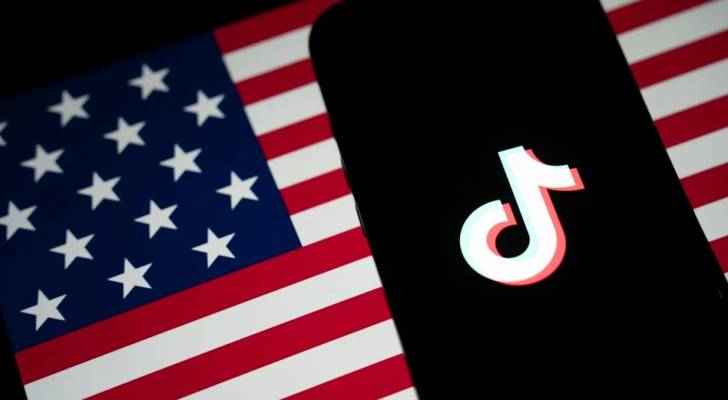White House joins TikTok weeks ahead of Trump’s ban deadline
The White House has launched an official TikTok account just weeks before President Donald Trump’s extended deadline to ban the app.
Congress passed a bill last year, later signed into law by former President Joe Biden, requiring TikTok’s China-based parent company, ByteDance, to sell the platform to a US-approved company within nine months or face a nationwide ban.
Trump has repeatedly extended the deadline since returning to office, with the most recent delay set to expire on September 17. It remains unclear whether he will grant another extension if no deal is reached, though the White House’s move to join TikTok has raised doubts about whether the ban will ultimately be enforced.
To mark the launch on Tuesday, the White House shared a series of videos. Its first post featured a compilation video of Trump with the caption, “America we are BACK! What’s up TikTok?” Another video highlighted shots of the White House exterior with the caption, “We’re so back.” A third video showed clips of Trump’s one-liners, including, “I was the hunted, and now I’m the hunter.”
Trump himself already has a TikTok account, created during his 2024 campaign, which has grown to more than 15 million followers.
White House Press Secretary Karoline Leavitt said, according to Reuters, “President Trump’s message dominated TikTok during his presidential campaign, and we’re excited to build upon those successes and communicate in a way no other administration has before.”
In June, Leavitt explained that Trump delayed enforcement of the ban again “so we can get this deal done,” adding, “It’s wildly popular. He also wants to protect Americans’ data and privacy concerns on this app. And he believes we can do both at the same time.”
Meanwhile, tech news site The Information reported in July that TikTok was preparing a new version of its app for US users, set to go live on American app stores on September 5.
Trump’s stance on TikTok has shifted sharply in his second term. During his first presidency, he signed an executive order to ban the platform, citing national security concerns. That order was blocked by the courts.




